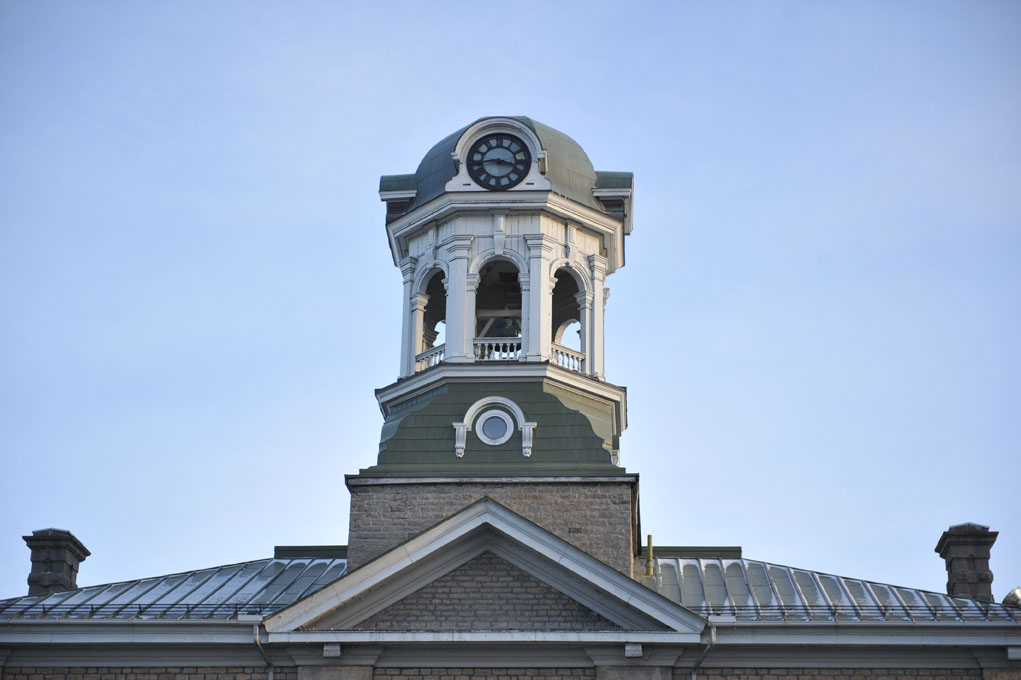
There are plenty of reasons to favour a ranked balloting system for Brockville, an option the province seems likely to offer in the near future.
It’s a plausible way to ensure whoever wins the mayor’s seat gets in with the support, in some form, of more than half the electors.
The past two municipal ballots here have had more than two candidates for mayor, meaning that David Henderson got in with a plurality of voters but not a majority.
Ranked balloting would redistribute people’s second and third choices until one of multiple candidates gets more than 50 per cent, a mandate that would be far less open to question or dispute.
Which leads to the second argument in favour of a ranked ballot: If three people or more are vying for a seat, none of them will go negative and toxic on opponents, since each candidate will also have to court opponents’ supporters for their second choices.
This sounds like a very civil, Canadian way to run a local election.
Except... here is why ranked balloting is unlikely to get the go-ahead in Brockville.
Earlier this week, Councillor Leigh Bursey wondered whether municipalities would have the option of using ranked ballots for only a portion of their elections: For instance, retaining the current first-past-the-post system for the eight Brockville councillors while using a ranked ballot in the election for mayor.
That idea makes sense, since the at-large system already gives voters first, second and third choices, not the mention fourth through eighth, even though they are all, technically, evenly weighted.
However, it would appear ranked balloting will be offered to local governments as an all-or-nothing deal.
In an email to The Recorder and Times, municipal affairs and housing ministry spokesman Conrad Spezowka wrote as follows:
“We want to ensure election rules are fair and consistent for all members of the same council. At this time, we are considering requiring those municipalities that choose to use ranked ballots to use it for all positions on the same council.”
While he adds the ministry will “continue to work with the municipal sector on the details of how municipalities could choose to use ranked ballots,” it seems, for now at least, pretty cut and dried.
For Henderson, who thinks the idea could work for mayoral races, applying a ranked ballot to the at-large council race is a non-starter.
It’s just far too complicated, for nothing.
“Do you realize the computations going on there?”
Indeed, if we have a system where people are asked to give eight choices, and those are added up to give us the top eight vote-getters, council candidates are already aiming to please supporters of other candidates.
And the notion of getting a majority vote (50 per cent plus one) makes no sense unless many candidates are running for one seat, not eight seats.
So, the only way ranked balloting can have a chance in Brockville is for the province to consider exempting at-large election scenarios, in essence allowing different election criteria for different seats.
A desire for consistency might be one reason this will not happen.
Henderson, however, suggests another: An urban focus that does not take rural or smaller municipalities into account.
“The problem with that is that they’re gearing it for the Toronto area, where you’ve got one position for each ward,” said the mayor.
Ironic, that, since Toronto no longer wants ranked ballots.